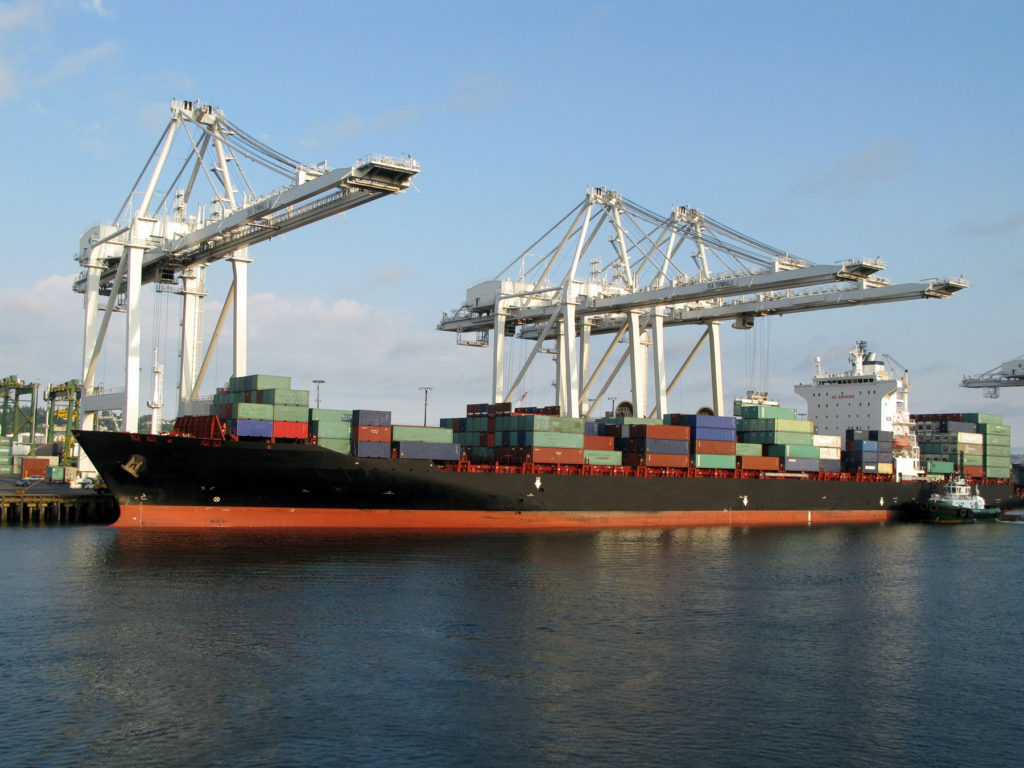The Peninsula
Dispute Over Dispute Settlement Slowing KORUS FTA

By Troy Stangarone
After the United States Congress passed the KORUS FTA, the ruling Grand National Party (GNP) in Korea had hoped to quickly pass the agreement through the National Assembly so that both sides could certify the agreement with the hopes of it coming into effect on January 1 of next year. However, with the opposition Democratic Party (DP) continuing to oppose the KORUS FTA, that now seems unlikely to happen.
With tensions rising in the National Assembly over passage of the KORUS FTA, it now looks as though the agreement may not see a vote until November 10 at the earliest. While electoral politics is likely playing a role in the delay, the substance of the dispute seems to have moved beyond the DP’s original “10+2” proposal to center on provisions designed to protect foreign investment.
The DP had originally sought for the KORUS FTA to be renegotiated in ten areas and for additional legislation to protect the agriculture and banking sectors from potential negative impacts from the FTA for its support of the agreement. However, in recent days the biggest obstacle has become the Investor-State Dispute Settlement (ISDS) provisions of the agreement.
ISDS provisions have long been both standard and controversial in international trade and investment agreements. They provide foreign investors direct access to international arbitration and are designed to help protect foreign direct investment abroad, especially in developing countries where rule of law might be questionable and the court systems inadequate to protect investors. Since 1967, Korea has included ISDS provisions in 81 bilateral investment treaties.
Generally, ISDS provisions in bilateral investment treaties and FTAs prohibit exportation unless it is done for a public purpose and in a non-discriminatory manner. They also require that compensation is prompt, adequate, and effective, while done in accordance with due process of the law. These are the same standards within the KORUS FTA.
Because ISDS provides companies the ability to directly challenge a government’s policies if they lead to expropriation of an investment; their inclusion in trade agreements has been controversial with public policy groups in the United States and abroad. The concerns have largely rested on the potential for companies to challenge local laws that are deemed to be in the public interest. In the case of Korea, the concern has rested on how potential disputes could impact government policy towards local industries.
However, the most recent report by the United Nations on dispute settlement indicates that the system is used relatively infrequently. According to the report, there were at least new 25 cases filed by the end of 2010. Since the first case was filed in 1987, there have been a total of 390 cases filed and 197cases concluded. Out of the concluded cases, the state won 78 cases, while the investor was successful in 59 cases. There were 60 cases that were settled, and an additional 29 case for which the result or status is not known. There are also 164 cases still pending.
While dispute settlement provisions have been controversial, they are unlikely to prevent the passage of the KORUS FTA in the long run. The GNP still holds a significant majority in the National Assembly and recent poling indicates that the agreement is supported by 58 percent of Koreans. Perhaps after years of delays in the United States Congress, it is not surprising that the process may take additional time in Korea.
Troy Stangarone is the Senior Director for Congressional Affairs and Trade at the Korea Economic Institute. The views expressed here are his own.
